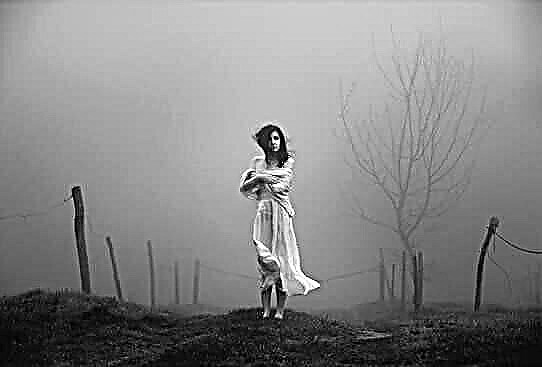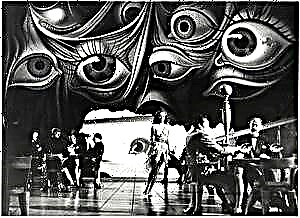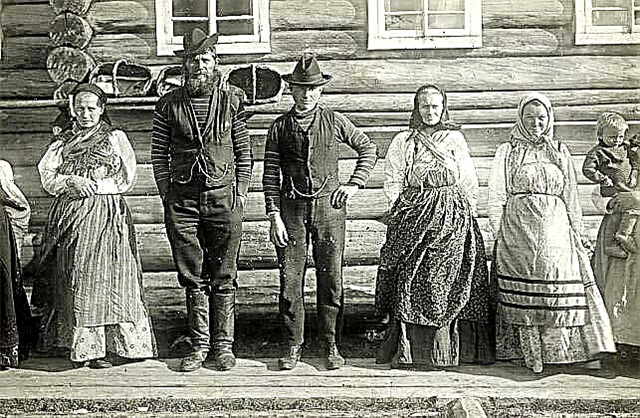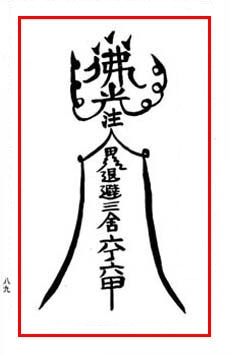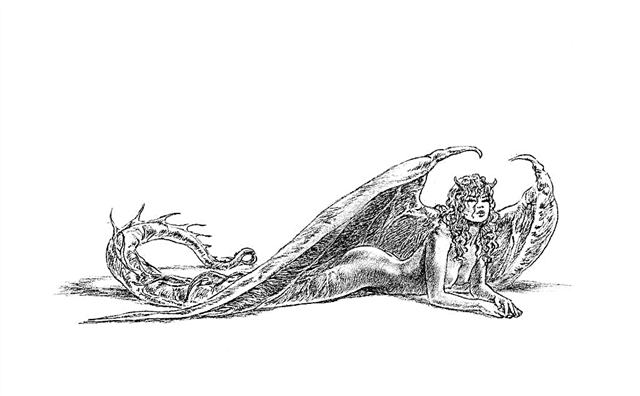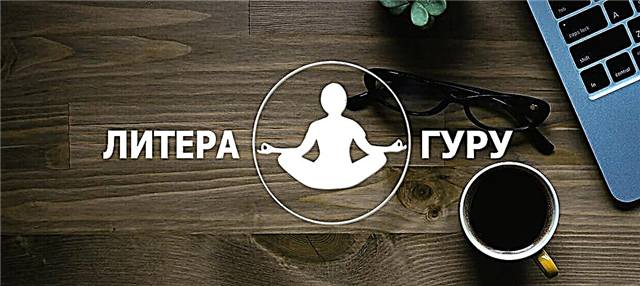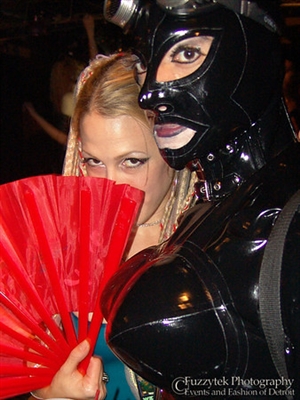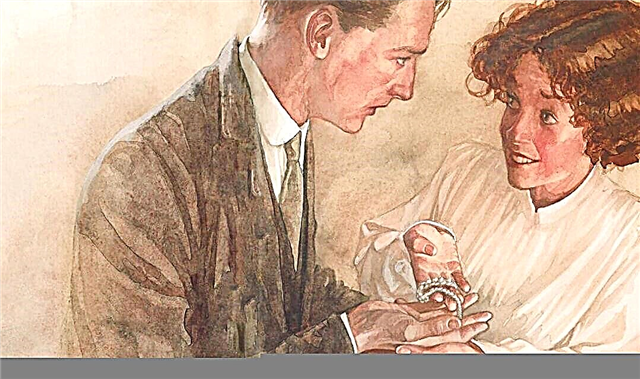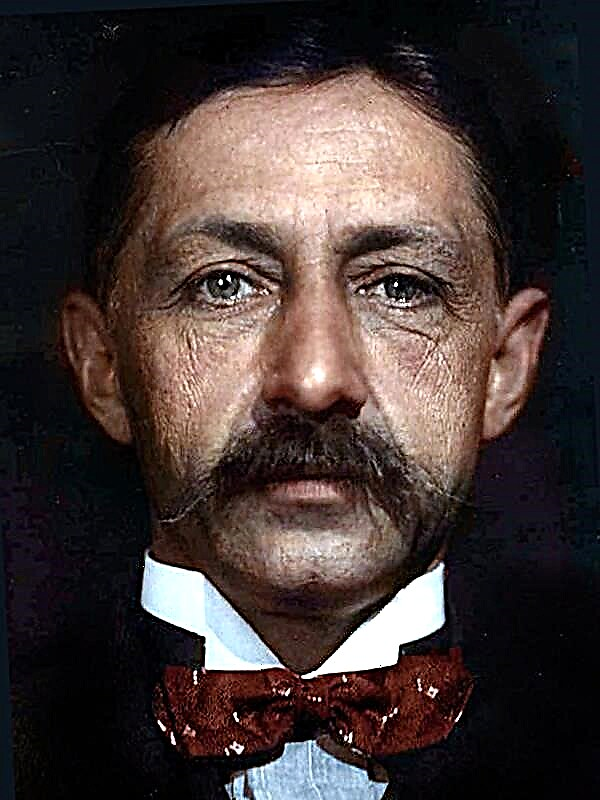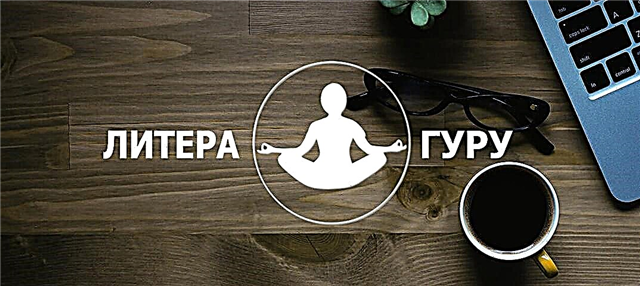Chekhov managed to create a story whose name became a catch phrase. The phenomenon when a word revolves in a language but cannot be remembered is called a “horse surname”. This indicates the national significance of the work of this writer, part of which became the object of our analysis.
History of creation
As you know, A.P. Chekhov had the ability not only in literature, but also in medicine. Doubts about the choice of the main activity made the author hesitate, which is probably why he signed his early stories with the pseudonym Antos Chekhonte. The story "Horse surname" refers precisely to such a period of creativity. The work was published on July 7, 1885 in the Petersburg newspaper.
The reason for writing was the joke heard by the writer, where they recalled the bird's name. It turned out that this is Verbin, and the associative series was explained by the fact that the bird sits on a willow.
Genre and direction
The direction of Chekhov's first prose is a natural school. In early works, the author continues the Gogol traditions, but in a special authorial manner. This is manifested even at the level of material search for a work - everyday situation, anecdote. Another common feature is to ridicule stereotypes of behavior of people of certain positions and positions: officials, clerks, etc.
Genre is a humorous story. In addition, Chekhov’s interest in the European short story is reflected in the story “Horse surname”, as evidenced by the parallel development of the everyday line (a tooth ache) and a paradoxical fact (surname of a healer).
The writer makes his story humorous and absurd, mainly a pun. For example, the healer "feeds on teeth," "speaks up teeth."
The story is not without its folklore connotation: it is no coincidence that the clerk is called Ivan, and his advice to turn to the healer is hardly wise.
The meaning of the name
The author competently builds his game with the reader. At the beginning, the sad situation of the retired Major General Buldeev is presented, then all possible and impossible methods of treatment are listed. And only in the second half of the story does a motive appear that goes back to the name - a horse surname.
Enumerating the guesses of the heroes is one of the compositional foundations. But the essence of the title is not only this.
In fact, the surname refers to the animal only indirectly. Characters mistakenly choose a goal, lose the right path - and this is the meaning of the name of the story. Just as the forgotten name was not equine, so help was needed not healer, but traditional.
The main characters and their characteristics
- The central character of the story is Buldeev, Major General retired. Chekhov, creating his heroes, also uses the vaudeville tradition, calling them by speaking names. The consonance of the name of a person of such a high rank with a bastard works to ridiculously reduce his position. Buldeev is naive, gullible, he is driven to despair by incessant pain. An unpleasant situation reveals another property that defames the name of the general - cowardice. If he had decided to immediately pull out a tooth, there would be no whole story about the healer.
- Clerk simple-minded, he sincerely wants to help. Selflessness can be distinguished as a positive quality, but Ivan Evseich is stupid, and again this is a mockery component in the portrait of the hero.
- The healer has a humorous presentation of the traditional set of qualities of an official. He has a fondness for vodka, Oats contains a lover. And the very transformation of an excise official into a healer speaks volumes.
- Only doctor presented as an exceptionally positive hero, rationally minded, honestly doing his job. Perhaps this author's sympathy for the doctor is not accidental, because this profession is not alien to Chekhov himself.
Themes and Issues
- Professionalism. The situation described by Chekhov is absurd. The clerk is stupid, the general is cowardly, and the official becomes a healer. If in Buldeev ridiculed by his fear of pulling out a bad tooth, in Ovsov it is the inaction of managers and business executives. Officials often promise only in words - they speak their teeth to their supplicants. Literally, the medicine man is also involved there, but should this be done by an excise official?
- Superstition. The story contrasts the doctor and the healer. This conflict is not central, but Chekhov shows in Horseback surname the whole pointlessness of putting off the necessary medical procedure. The author makes fun of how a major general, a seemingly reasonable person, succumbs to the provocation of a clerk who believes in conspiracies.
- Cowardice. Afraid of an ordinary medical procedure, a person looks funny and behaves stupidly. How can such a general protect the country if necessary? This problem is a cross-cutting issue in Chekhov’s work, his characters are often afraid of trifles, but they don’t see really terrible things.
Meaning
The idea of the story is self-discipline, the ability to pull yourself together in a difficult situation. Otherwise, you will have to suffer in vain and make others suffer. So, the clerk does absolutely unnecessary work - he remembers the surname of the healer, and all family members try in vain to help him in this. The main problem of the characters in the story is that they cannot concentrate on the main thing, as a result of which everyone is doing something wrong. This applies directly to the events of the story, as well as what they do in life.
The main idea of the story is obvious: each person must responsibly engage in his own business, only this way order will be arranged. But while the generals are afraid of doctors, the healers speak their teeth as officials, and the clerks talk in the workplace, everything will happen inside out, as the author shows. The way to get rid of all this vulgar meaninglessness lies through honest work.
What does it teach?
The story teaches us not to give in to the inevitable. A person should go over his fears and temptations in favor of correct, reasonable actions. Chekhov urges not to flimsy, not to resort to quackery, but to conscientiously do his job.
In addition, the person should be in his place: the bold - to the generals, the reasonable - to the clerks, the obligation - to the officials. If personal qualities do not correspond to the profession, then we get such a ridiculous and absurd situation as in "Horse Name". What would happen if the doctor did not cope with his duties? Perhaps this story contains personal searches and doubts of Chekhov himself, who has not yet decided which activity, medical or writing, to choose as the main one.

